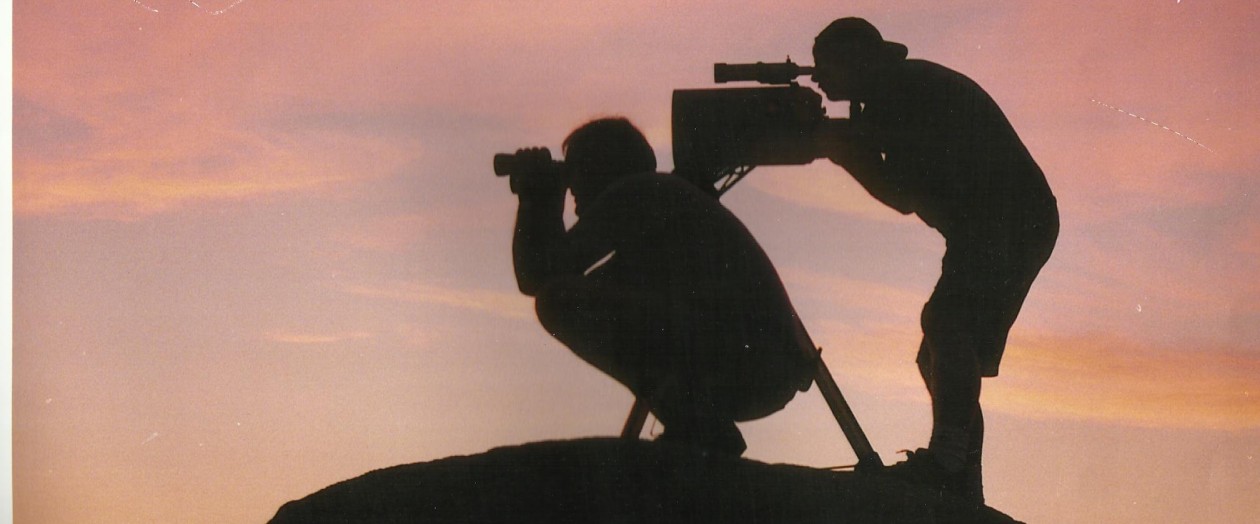https://www.youtube.com/watch?v=XT4otKVV56g it does kinda, don’t it ol’ buddy?
Excerpt from Plato The Laws Chapter 9 The Foundation of the New State: The selection of the citizens. (pg 202)
But before all that, here are some further points to notice. Anyone who takes charge of a herd of animals – a shepherd or cattle-man or breeder of horses or what have you – will never get down to looking after them without first performing the purge appropriate to his particular animal-community: that is, he will weed out the unhealthy and inferior stock and send it off to other herds, and keep only the thoroughbreds and the healthy animals to look after.
He knows that otherwise he would have to waste endless effort on sickly and refractory beasts, degenerate by nature and ruined by incompetent breeding, and that unless he purges the existing stock these faults will spread in any herd to the animals that are still physically and temperamentally healthy and unspoilt.
This is not too serious in the case of the lower animals, and we need mention it only by way of illustration, but with human beings it is vitally important for the legislator to ascertain and explain the appropriate measures in each case, not only as regards a purge, but in general.
To purge a whole state, for instance, several methods may be employed, some mild, some drastic; and if a legislator were a dictator too he’d be able to purge the state drastically, which is the best way.
But if he has to establish a new society and new laws without dictatorial powers, and succeeds in administrating no more than the mildest purge, he’ll be well content even with this limited achievement.
Like drastic medicines, the best purge is a painful business: it involves chastisement by a combination of ‘Judgement’ and ‘punishment’, and takes the latter to the point of death or exile. That usually gets rid of the major criminals who are incurable and do the state enormous harm.
The milder purge we could adopt is this. When there is a shortage of food, and the underprivileged show themselves ready to follow their leaders in an attack on the property of the privileged, they are to be regarded as a disease that has developed in the body politic, and in the friendliest possible way they should be (as it will tactfully be put) ‘transferred to a colony’. Somehow or other everyone who legislates must do this in good time; but our position at the moment is even more unusual. There’s no need for us here and now to have resort to a colony or arrange to make a selection of people by a purge. No: it’s as though we have a number of streams from several sources, some from springs, some from mountain torrents all flowing down to unite in one lake.
We have to apply ourselves to seeing that the water, as it mingles, is as pure as possible, partly by draining some of it off, partly by diverting it into different channels. Even so, however you organize a society, it looks as if there will always be trouble and risk.
True enough: but seeing that we are operating at the moment on a theoretical rather than a practical level, let’s suppose we’ve recruited our citizens and their purity meets with our approval. After all, when we have screened the bad candidates over a suitable period and given them every chance to be converted, we can refuse their application to enter and become citizens of the state; but we should greet the good ones with all possible courtesy and kindness.
Plato: The Laws the Penguin Classics translated by Trevor J Saunders published in 1970.
